The 2020 Atlantic hurricane season has officially begun, and forecasters predict that a combination of oceanic and atmospheric conditions in the Atlantic will be favorable for a more active than usual hurricane season in the months ahead. The outlook predicts a 60% chance of an above-normal season, a 30% chance of a near-normal season, and only a 10% chance of a below-normal season; according to forecasters with NOAA’s Climate Prediction Center, a division of the National Weather Service.
NOAA’s Climate Prediction Center is forecasting a range of 13 to 19 named storms (winds of 39 mph or greater), 6 to 10 of which could become hurricanes (winds of 74 mph or greater), including 3 to 6 major hurricanes (category 3, 4 or 5; with winds of 111 mph or greater) during the 2020 Atlantic hurricane season. For reference, an average hurricane season produces 12 named storms, 6 of which become hurricanes, including 3 major hurricanes. The Atlantic hurricane season lasts from June 1 through November 30.
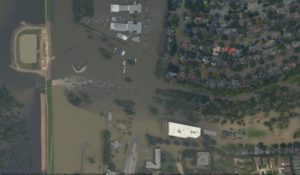
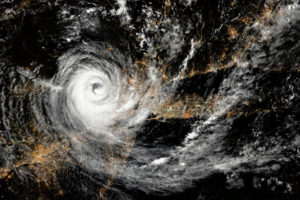
Hurricanes can produce storm surges, damaging winds, and massive flooding due to significant rainfall. Storm surges and flooding can cause water intrusion damage to buildings, as well as significant soil erosion damage. Flood-related damages can include flooding of the lower portions of buildings and impact from waterborne debris at building exteriors. If water intrusion occurs and is not attended to quickly, fungal growth can occur and cause further issues.
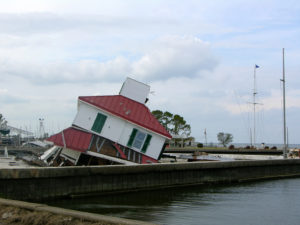
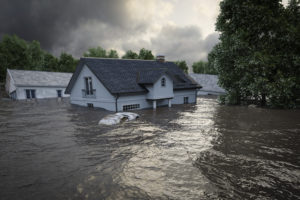
Hurricane strength winds can cause damage to building exteriors, with the severity of damage increasing with higher wind speeds. Severe hurricane winds can cause structural damage or even collapse. However, the most common wind-related damages occurring during hurricanes include the loss of roofing, siding and other exterior elements; and impact from wind-borne debris. Openings in the building envelope resulting from damages to the exterior and roof can allow water intrusion to building interiors.
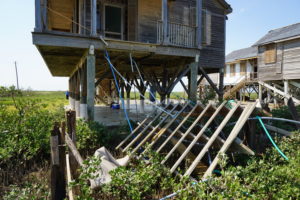
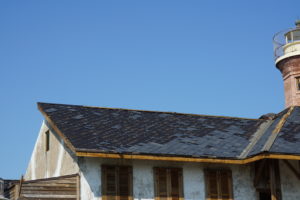
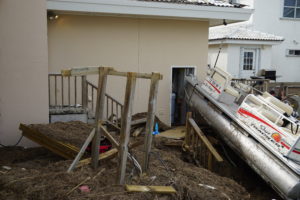
Nelson Forensics’ engineers and architects are licensed in all 50 states and the Caribbean islands to evaluate buildings, equipment, and other property for damage related to hurricanes. Site investigations following hurricanes often include assessment of roofing, exterior/facade, interior finishes, structural framing, foundation, electrical systems and equipment, and mechanical systems and equipment.
To request Nelson’s services or inquire further about our capabilities, please call, e-mail expert@nelsonforensics.com, or submit an online request here https://www.nelsonforensics.com/request-forensic-services/.

